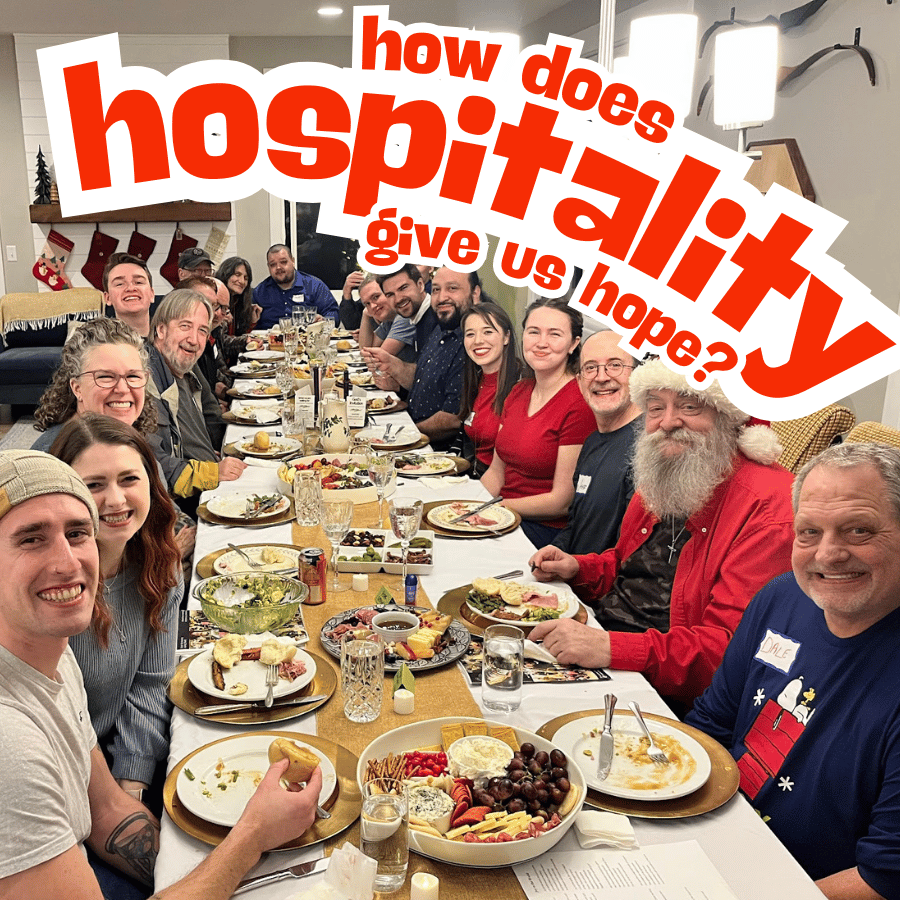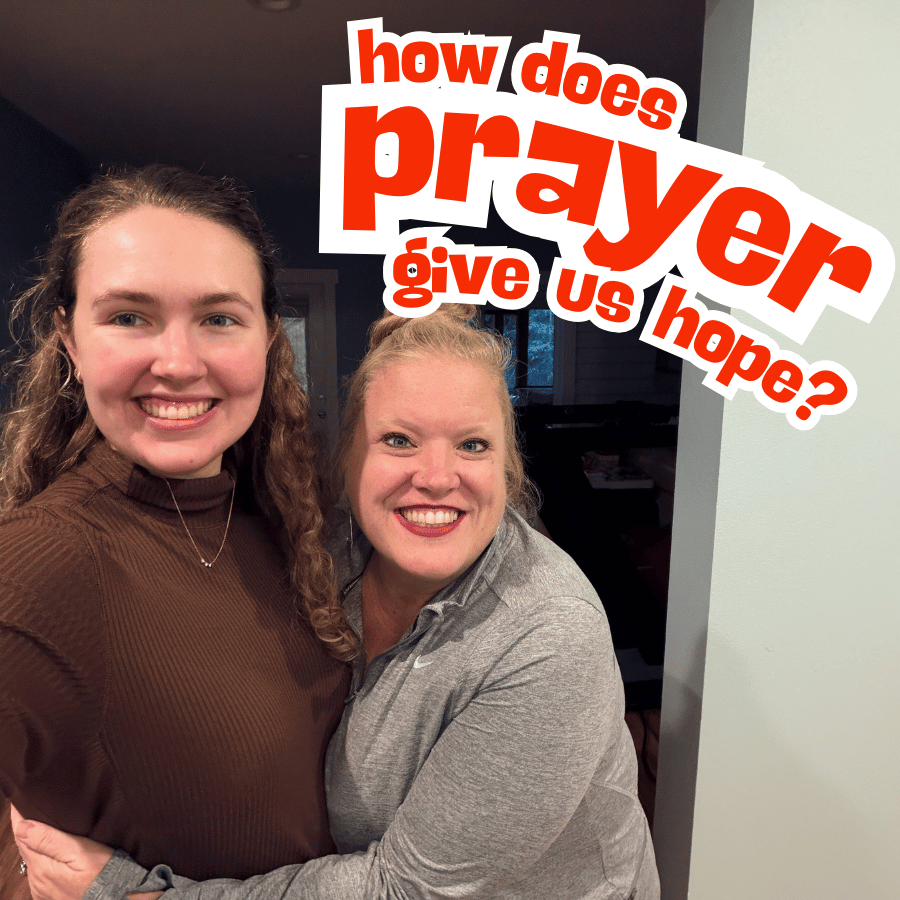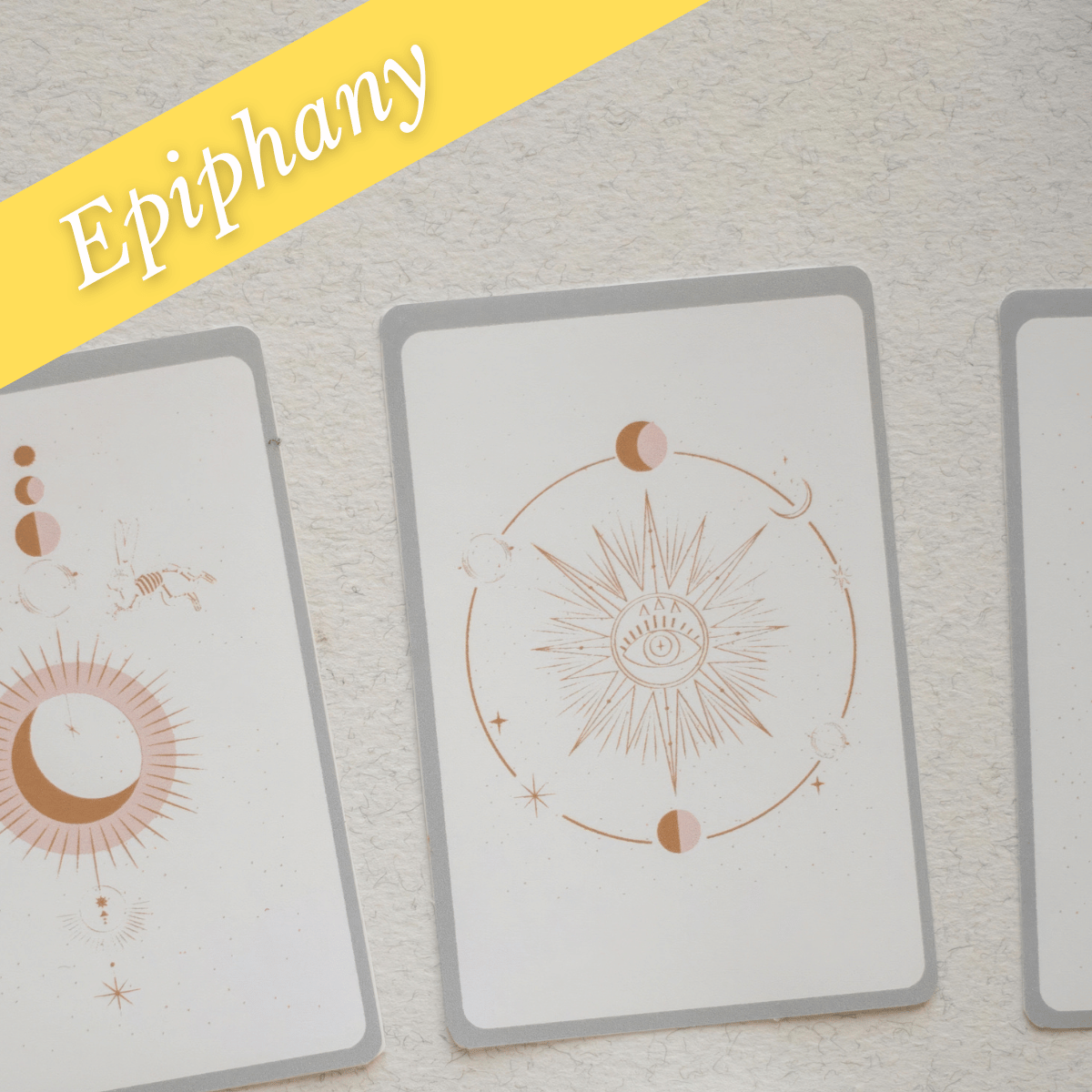Holy Week: When We Don’t Know What to Say
Written by Emma McCoy
3 minute read
Hey everyone! This blog belongs to the “Lent Series” that’ll run until Easter. In this series of fictional short stories, I’ll be revisiting characters from the Advent series (which you can find HERE) who are folks from various walks of life—from college grads to business executives to those in recovery. These stories will engage with how these characters can be good friends and neighbors to people in their lives who are suffering. What happens when friends are turned into suffering people? Enjoy!
When We Don’t Know What to Say
The last time Oliver had been to a funeral, he’d been about four years old, so he didn’t remember much. He could recall the tight, scratchy suit he’d had to wear, the smell of lilies, and feeling like everyone was watching him. He wished he could remember feeling sad, like you’re supposed to feel when your parents die, but all he could remember feeling was confusion, with his grandparents on either side of him at the church while the organ played.
As Oliver shrugged the black suit jacket over his shoulders, he supposed only one funeral in his twenty-three years of life was pretty good, all things considered. But he wished he had more to go on for his second funeral. Should he bring food? What was an appropriate level of sadness to show? He felt sad, he knew that, but when he was actually in the church with Agatha’s family and her other friends, how should he act? He’d only known her in the last six months of her life, which was enough time to know how kind, compassionate, and clever the old woman had been. But what was his loss compared to her daughter’s, or her grandchildren’s?
“Oliver! Come on, or we’ll be late!”
He took the stairs two at a time and bounded out to the driveway, stuffing his wallet in his pocket. “I’ll drive, Mimi,” he said, waving her toward the passenger seat.
“Are you sure?”
“‘Course I am. It’ll be faster if I take the freeway.”
“Well, alright then.”
Oliver pulled slowly out of the driveway. His grandmother arranged her purse carefully in her lap. She wore a thick black dress, little lacy gloves, and a black hat perched on her head.
“Pops wasn’t able to get off work?” Oliver asked.
“Oh, well you know him,” she replied. “But he also didn’t know Agatha very well—she was in my bridge group for years before she broke her hip, then we moved to her house and changed to books and knitting so she could sit in her chair. We were never quite as close as some of the other ladies were, but she was a good woman.”
“She was,” he said.
“How are you feeling?”
“A bit weird,” he replied. “It’s like, I’m sad because she’s gone, and she was so cool. She really helped when I was freaked about being back home for long—”
“Which you still are.”
“Yeah, but I’m helping Pops out in the shop, and that’s been pretty interesting. It’s not coding, but whatever. I guess that while I’d been taking her out to the park every week or so I’d gotten to know her more, but not as well as you, or her family.”
“So?” his grandmother said. “She still loved you, and you her. She was a friend and mentor.”
“True, but I don’t want to…I don’t know, say the wrong thing, or act weird. I haven’t been to a funeral since mom and dad’s, and it was a lot easier when I was four. I could’ve just cried and gotten taken out.”
“Oh, but you didn’t,” she mused. The road passed them by in a blur of grey and green, and it looked like it was going to be an insultingly beautiful day. “You were so serious, with your big, dark eyes. You just sat the whole time, solemn as a frog.”
“Are frogs solemn?”
“I don’t know, it’s something Pops says. But you’ll do fine, love. Just pray and be honest. Oh look, we’re nearly here.”
Oliver parked amid the veritable sea of cars and people in black. Most of the church must have been there, armed with platters of food and flowers.
“Oh, I knew I should have brought something,” he muttered, taking his grandmother’s arm.
“I’ve got you,” she replied. “I have a gift card to Texas Roadhouse in my purse?”
“Roadhouse, Mimi? Really?”
“They have excellent rolls.”
Inside, the church lobby was decorated with white and blue hydrangeas, which Oliver only knew because they had a bush in the front yard his grandmother carefully tended. The room buzzed with a low level of chatter. Folding tables lined the walls, laden with casseroles and tinfoiled dishes and cookie platters and pitchers of instant lemonade. The crowd of mourners were largely older—men in perfectly pressed suits and grey-haired women with gloves like Mimi. A kid or two ran around, wrestled into formal wear, but Oliver felt like he stood out.
Getting to their pew felt like a blur. He followed his grandmother around the lobby, shook some hands, and mostly kept quiet. He told a brief story about him and Agatha finding a heron at the local pond to someone who might’ve been a grand-nephew. Oliver didn’t feel quite like he was in his body when they finally sat in a pew to the left and toward the back. It was really hitting him that Agatha was gone—seeing all these people who had loved her made her absence feel like a vacuum, sucking all the air out of the room. Who was he to be sitting in the church dressed in black? How was he helping anything?
“Are you alright?” Mimi whispered, leaning over. The organ started playing, and more people filed in.
“I just…” he looked up at the stage, where a large photo of Agatha was displayed. She was younger, but still had that clever glint in her eye. “I should be doing something. Anything. I don’t know.”
“Oh love,” Mimi said. “You’re here. You’re witnessing her. That’s exactly what you should be doing. It’s all anyone can do.”
The organ transitioned into “Amazing Grace.” The preacher motioned for them to rise, and Oliver helped Mimi stand with everyone else, a sea of black rising to meet the grief.







3-minute read